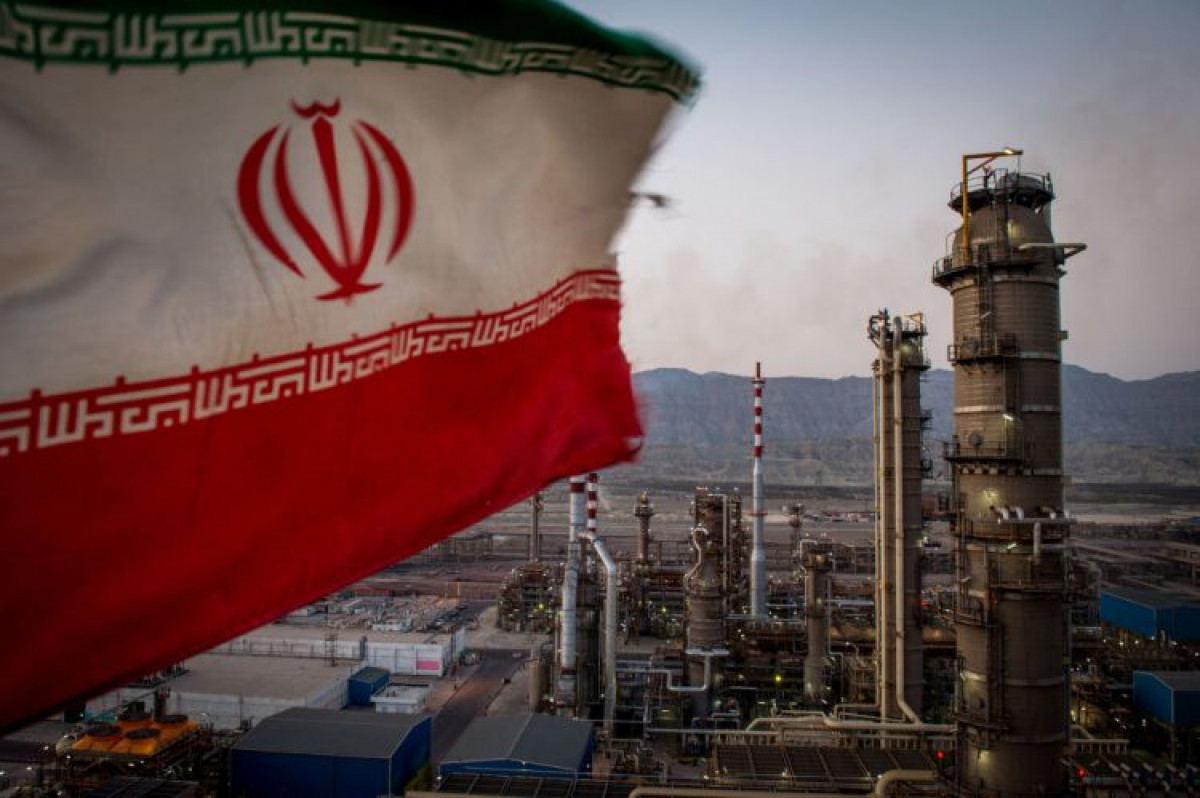 76
76
Liquefied Natural Gas (LNG) has contributed significantly to global development in the 21st century. The future position of the LNG industry in the world energy market will undoubtedly have far-reaching implications for global growth. Furthermore, gas exports strengthen a country’s soft power and political security by fostering mutual dependence between exporter and importer nations, since finding an alternative to a country’s gas imports would be very costly and time-consuming. The increasing worldwide LNG demand is regarded as a harbinger toward achieving sustainable global growth, as the world is witnessing a dramatic shift to a low-carbon economy.
According to observers, global LNG consumption is anticipated to increase by 1.4 percent this year, to 3850 billion cubic meters, from 3850 billion cubic meters in 2013, according to analysts. In addition, it is projected that demand for LNG to rise to about 5400 billion cubic meters in 2040, from around 5400 billion cubic meters in 2018. Furthermore, owing to its unique geological characteristics and the fact that, unlike short-term crude oil sale contracts, gas contracts are signed for at least 20 years, it offers exporters long-term guaranteed income.
Iran is an energy-rich country that owns South Pars, the world’s largest known gas field. Because gas export plays a unique role in East Asian customers’ economic strategy, and Iran has a more favorable geographical position in West Asia, global superpowers, notably China, are carefully monitoring Iran’s energy industry and vying to use Iran’s energy unrivaled transit routes.
But on Iran’s eastern front, the US has fiercely opposed the construction of the Iran–Pakistan–India gas pipeline, also known as the Peace Pipeline, to block Pakistan and India from expanding their ties with Iran, Washington’s arch-enemy in the Middle East. Consequently, the Indian government withdrew from the Peace Pipeline from the outset due to US pressure. Although an agreement between Iran and Pakistan was eventually achieved, the United States once again prevented Pakistan from fulfilling its commitments. Meanwhile, the building of the Turkmenistan–Afghanistan–Pakistan–India Pipeline (TAPI), also known as the Trans-Afghanistan Pipeline, was an effort by the US to undermine Iran’s gas export stability. However, TAPI runs through treacherous terrain, particularly in Afghanistan, making it considerably less secure than Iran’s Peace Pipeline. That is why, despite the signing of the agreement in the mid-1990s and the deepening of Pakistan’s energy crisis, the Pakistani government has yet to demonstrate its willingness to join the controversial TAPI project.
On the other hand, the Islamic Republic of Iran, with its vast potential as an LNG producer, will play an indispensable role in the near future, having inked a 25-year energy agreement with Beijing.
Comment
Post a comment for this article